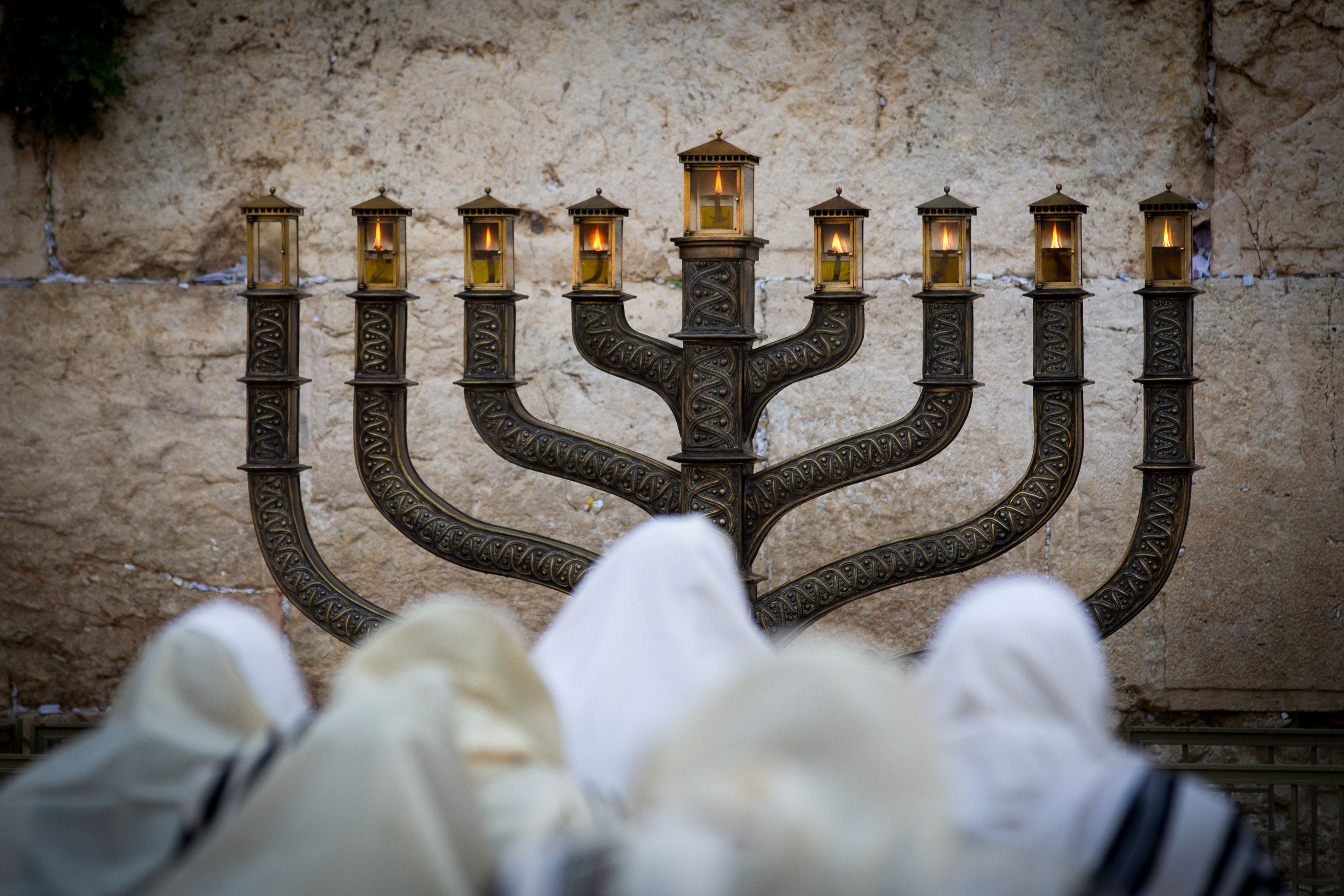Dvar Torah for Parshas Tetzaveh: The Menorah’s lasting glow
Hashem wants us to light the menorah, “It’s not that I need your light. But I want the nations of the world to see how you show your appreciation for all the light that I give my chosen people.”

Tetzaveh 1: "And you shall take pure olive oil to light the menorah" (Perek 27 Posuk 20)
The Medrash explains why Hashem wants us to light the menorah, “It’s not that I need your light. But I want the nations of the world to see how you show your appreciation for all the light that I give my chosen people.” So the purpose of the menorah is to show our appreciation to Hashem. It serves as a constant reminder of all the light that Hashem shines on us.
The Medrash continues to explain through a moshol - a parable. A seeing man was guiding a blind man through the streets. When they reached the blind man’s home, the seeing man asked him to light a candle, so that he could see. The reason he asked the blind man to light the candle, although he can easily do it himself, is because this gives the blind man an opportunity to repay the seeing man for guiding him through the streets. This way the blind man will not feel beholden to him.
The commentaries are bothered by two aspects of this parable. First, while the seeing man gets benefit from the candle that the blind man lights for him, Hashem has no benefit from the menorah that we light. Secondly, the purpose of the blind man lighting a candle is so he will not owe anything to his friend. The opposite is true with Hashem. He wants us to feel beholden to Him.
I would like to offer an explanation for this. A person who has perfected the act of doing chesed, will always think one step ahead. He will keep in mind, “the day after he performs his good deed.” The “day after” should continue to benefit the recipient of the kindness. How to achieve this? This is where Hashem and human beings differ. No one wants to feel obligated to another person. On the other hand, our entire service to Hashem is predicated on our feelings of obligation and responsibility to Him.
Therefore both the moshol and the nimshal, illustrate the chesed axiom, consider the after effect of your good deed. It should continue to benefit the recipient. Only here the moshol and nimshal go in opposite directions to achieve this. By a human being - as in the moshol, release the recipient from being beholden to you. That’s the benefit that should come after the chesed that you have performed.
With regard to Hashem - as in the nimshol - the opposite is true. The benefit after the chesed is that we should feel beholden to Hashem for His chesed. This is the effect that Hashem hopes to achieve with the menorah.